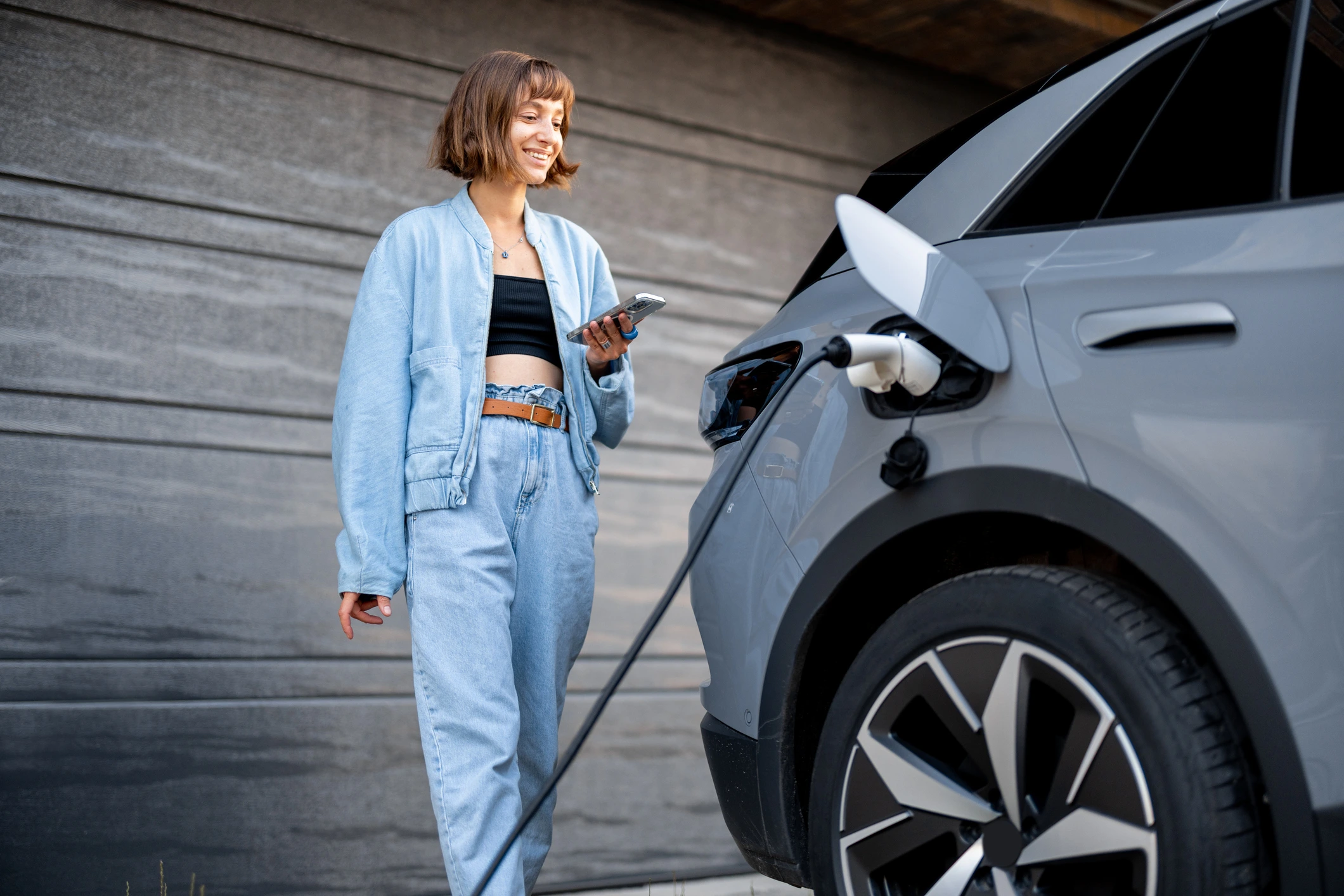June 2025
How Long Do Electric Car Batteries Last?
Discover how long EV batteries last, why they degrade, and what you can do to prolong the life of your EV battery.

It’s a common concern amongst would-be electric vehicle (EV) owners: How long do the batteries in electric cars last? Just like any battery, the lithium-ion batteries that power most EVs on the market have a lifespan. In this blog, we’ll outline the average lifespan of a lithium-ion battery, explain why EV batteries degrade, the factors that accelerate degradation, and what you can do to extend the life of your EV’s battery.
What are electric car batteries made from?
Electric car batteries primarily consist of lithium-ion batteries. These are made of materials including lithium, cobalt, nickel and graphite. The development of lithium batteries was so monumental that its inventors, John B. Goodenough, M. Stanley Whittingham and Akira Yoshino were awarded the Nobel Prize in Chemistry in 2019. Now, lithium-ion batteries power many of the devices we use in daily life – from laptops, watches, pacemakers, to solar energy systems. The battery in an electric car is essentially a larger version of the battery that powers your smartphone – lightweight and with a high energy density.
Why do electric car batteries degrade over time?
Battery-powered items that are used regularly don't last forever, mainly because the repeated charging and discharging cycles degrade the battery over time. In an electric car, this typically occurs over hundreds of cycles.
Continually using and recharging your EV’s battery causes lithium ions to become trapped in places they shouldn’t be, altering the internal structure of the electric car’s battery. Eventually, this reduces the car’s range (how far it can travel before being recharged). Unfortunately, this is unavoidable – unless you decide not to use your EV, which somewhat defeats the point of buying an electric car. But there’s good news: you’re likely to get at least 10 (possibly up to 20) years of use out of your EV before you begin to notice the range impacted by the ageing battery. At this stage, you can have the battery replaced.
There are also some things you can do to extend the life of your EV battery.
How to extend your EV’s battery life
Knowing how to extend the life of your EV battery is understandably important to EV owners. When an EV’s battery deteriorates, the electric car will cover shorter distances and require less time between recharges compared to when it was new.
There are a few things to consider when it comes to extending the life of your EV battery. One of these is “deep discharge”. Discharge occurs when you use the battery by driving your EV. When you let your EV battery run down to about 20%, you’re in “deep discharge”, and you might unknowingly be causing it irreversible chemical damage.
Charge your EV battery little and often – the sweet spot for optimal charge and function is between 20-80% (this goes for your phone, too).
When practical, avoid using DC rapid chargers as these degrade your electric car’s battery more quickly than slower-charging AC chargers.
You can also minimise exposure to extreme temperatures, avoid overcharging (like leaving it plugged in overnight), and follow the manufacturer's guidelines for battery maintenance and care. By following these tips, you can help prolong the lifespan of your EV battery.
To make the most of your electric car’s battery, it’s also worth knowing its range. This will help you plan journeys and charging points so you’re not caught short with a run-down battery and no charging point! Ask a team member at the car dealership or consult the manufacturer's guidelines to find your EV’s range.
How do electric car batteries compare to normal cars?
Electric car batteries differ significantly from those in your everyday petrol car. They are more energy-efficient, emit no pollutants, and generally have lower operating costs. While they may degrade over time, ongoing improvements in battery technology enhance their performance and longevity, making electric vehicles a sustainable alternative to conventional cars. If you have an EV, you can take advantage of So EV, our new tariff for exclusive drivers.
Understanding how electric car batteries work, what they are made of, and how to care for them is essential for maximising the lifespan and performance of your EV. With proper maintenance practices and staying informed about improvements in battery technology, EV owners can enjoy their investment for years to come.









